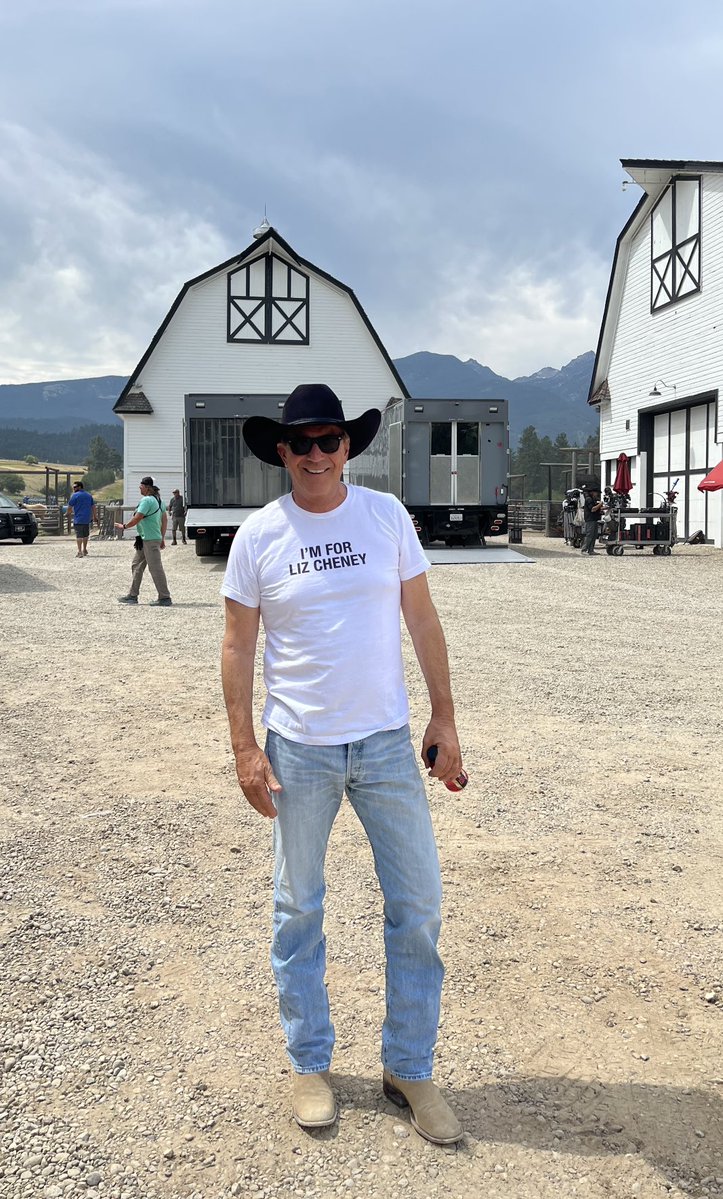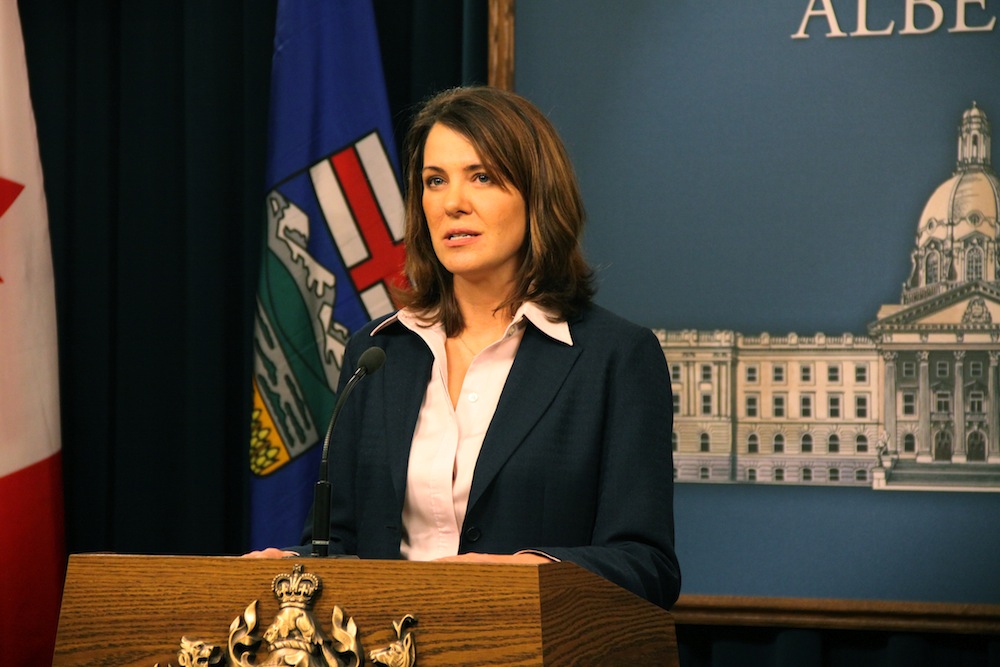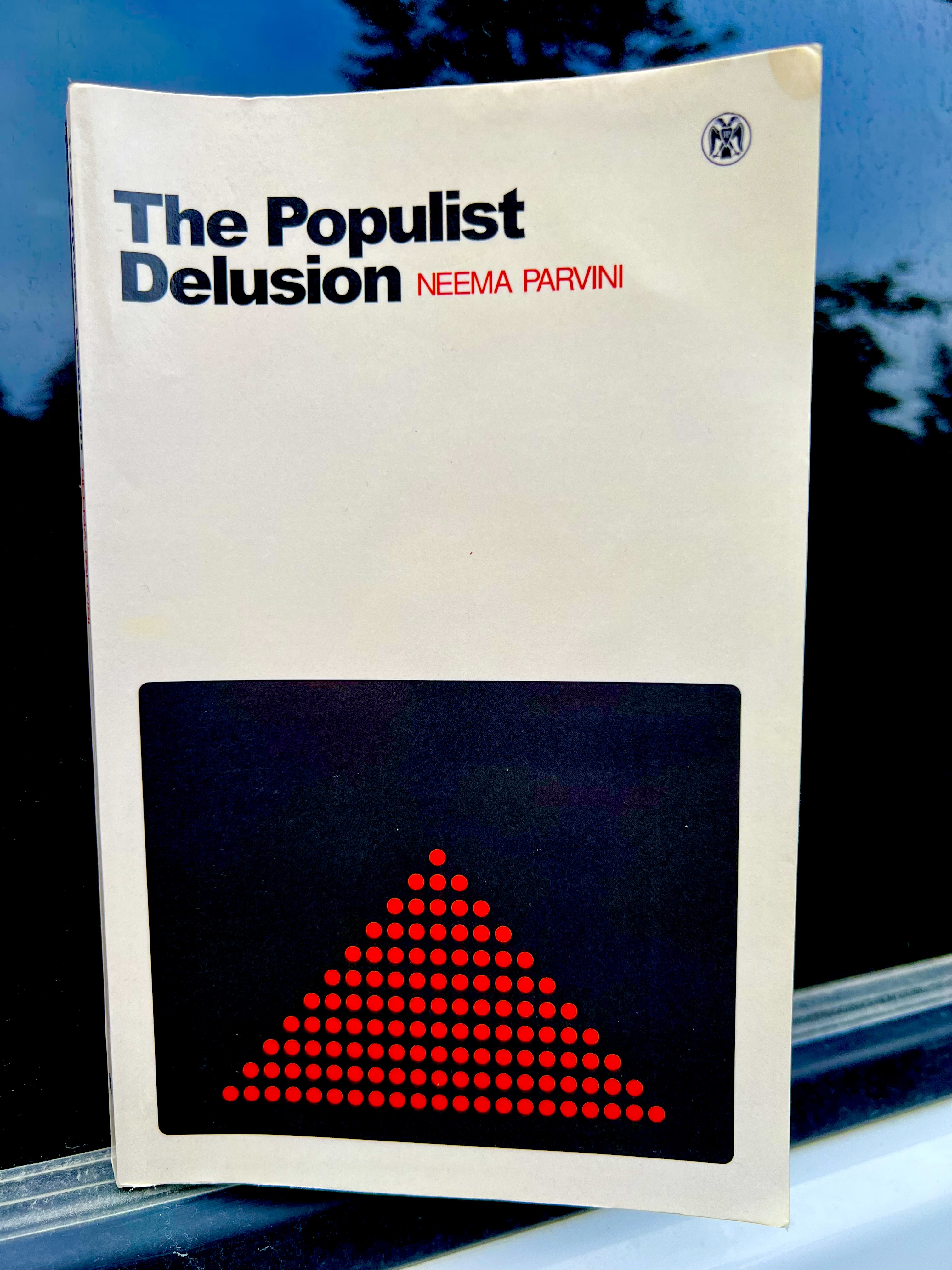
THOMAS CARTER
the political idiocy of kevin costner
On the set of Yellowstone, Costner appears to be wearing an endorsement for Liz Cheney, the loser in the GOP's Wyoming primary.
This website uses cookies to ensure that you have the best possible experience when visiting the website. View our privacy policy for more information about this. To accept the use of non-essential cookies, please click "I agree"



THOMAS CARTER
On the set of Yellowstone, Costner appears to be wearing an endorsement for Liz Cheney, the loser in the GOP's Wyoming primary.

GRANT JOHNSON
The presumed frontrunner for the UCP leadership has a lot of faults and she likely won't defeat Rachel Notley.

JOHN MILLER
The book by Neema Parvini deconstructs the falsehoods related to our liberal democracy.